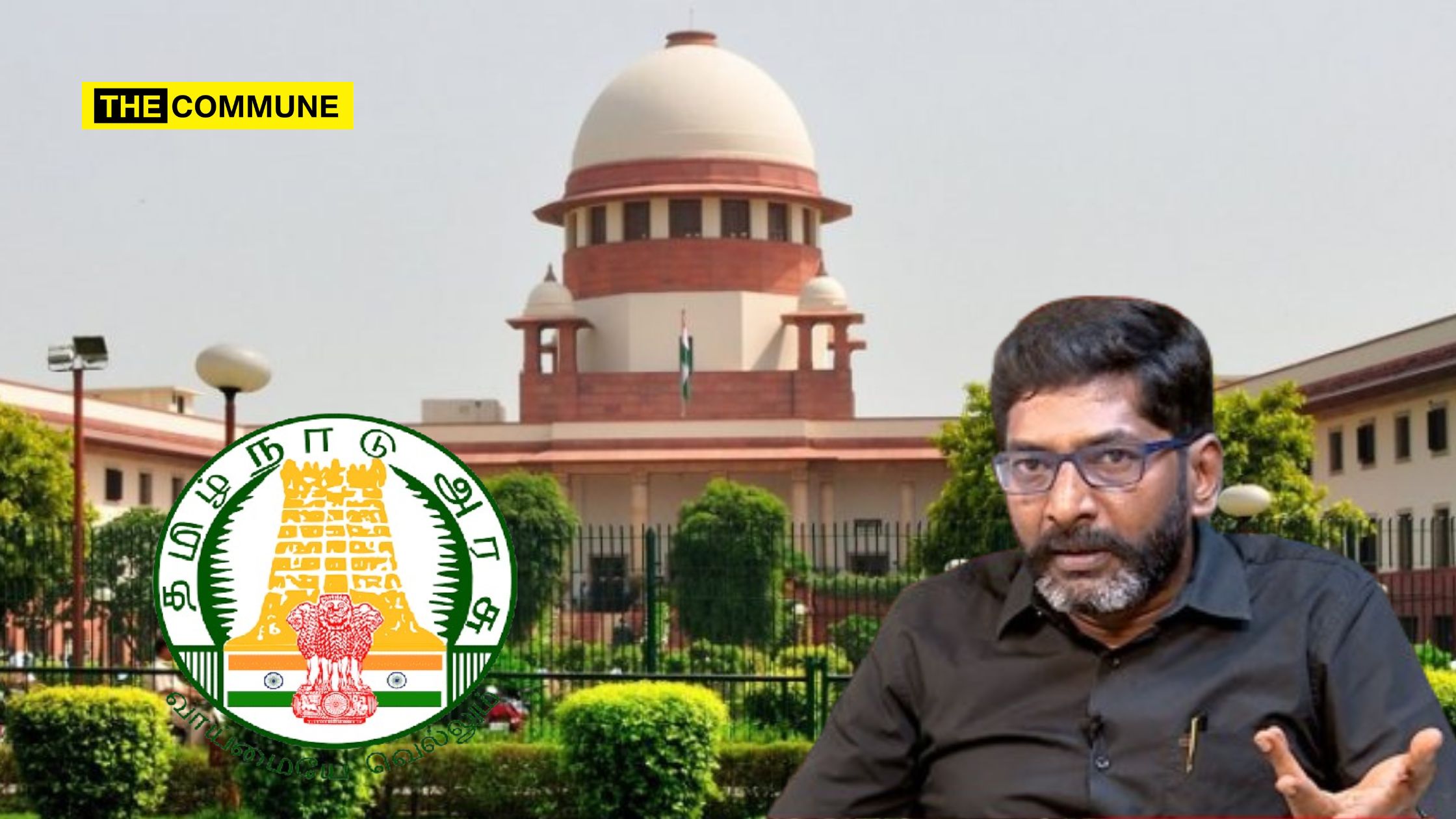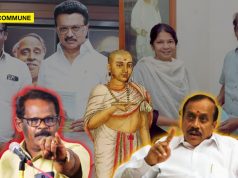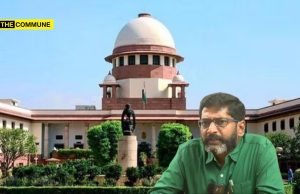
The Supreme Court on Thursday (18 July 2024) ordered the interim release of YouTuber Savukku Shankar, who has been detained under the Goondas Act by the Tamil Nadu Police since May 2024. The bench, comprising Justice Sudhanshu Dhulia and Justice Ahsanuddin Amanullah, scrutinized the legitimacy of Shankar’s detention, raising concerns about the approach taken by the Madras High Court in handling the case [A Kamala v State of Tamil Nadu and Ors].
According to the report by Bar & Bench, the bench expressed its doubts regarding the necessity of Shankar’s detention. Justice Dhulia and Justice Amanullah remarked that the Madras High Court seemed to have taken “the matter of his liberty casually.” This observation was pivotal in the decision to release Shankar on an interim basis while the High Court continues to deliberate on the petition challenging his preventive detention.
The Supreme Court’s order emphasized the urgency of the case, noting that preventive detention matters require prompt attention. “We also request for an expedited hearing considering that it is a preventive detention matter,” the bench stated. This directive underscores the Court’s recognition of the significant implications of preventive detention on individual liberty.
The Court noted that all involved parties, including the State, had agreed to bring the matter before the High Court on the upcoming Monday. This collaborative approach aims to ensure that the High Court addresses the petition without further delay, providing clarity on the legality of Shankar’s detention.
[BREAKING] Supreme Court orders interim release of YouTuber Savukku Shankar from preventive detention#SupremeCourtOfIndia #SavukkuShankar
Read story here: https://t.co/xeYMRTnt2M pic.twitter.com/9Re3nxlmbt
— Bar and Bench (@barandbench) July 18, 2024
In a previous hearing, the Supreme Court had questioned Senior Advocate Siddharth Luthra, representing the Tamil Nadu government, about the grounds for detaining Shankar. The Court highlighted the limited number of cases cited against Shankar, including one involving a reporter based in Delhi, far from Tamil Nadu. The bench inquired, “You tell me you have mentioned only two cases. Some reporter who has filed a case against him is not even in that state but in Delhi. He mentions a particular case which is also not very good to our mind. How can he be put in detention? Is he a threat to national security of this country?”
This line of questioning reflects the Court’s skepticism regarding the justification for Shankar’s detention, suggesting that the evidence presented might not warrant such severe measures.
The Supreme Court’s decision to release Shankar on an interim basis is a significant development in this case, highlighting the judicial system’s role in safeguarding individual rights against potential misuse of preventive detention laws. The forthcoming hearing in the Madras High Court will be closely watched as it addresses the broader implications of this case on personal liberty and state power.
Subscribe to our channels on Telegram, WhatsApp, and Instagram and get the best stories of the day delivered to you personally.




